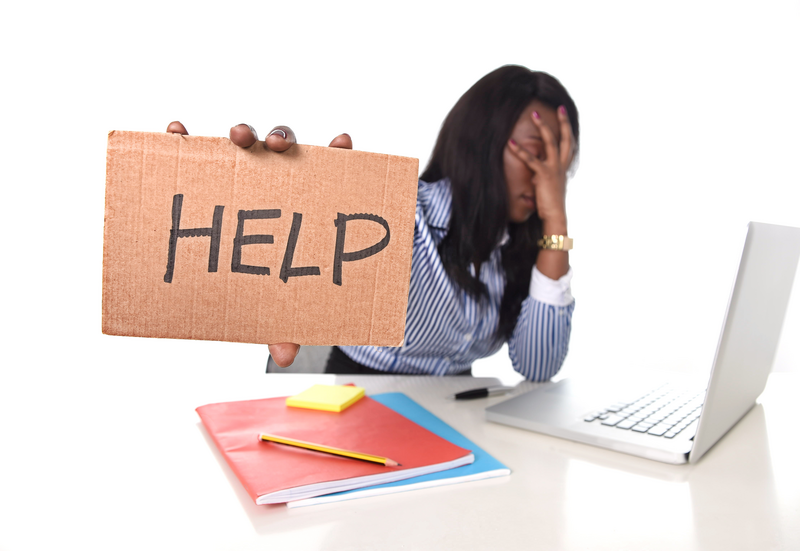ATD Blog
Reclaim Your Time: Invisible Labor and Women in the Workplace
Mon Apr 26 2021

Every day I talk to women who are exhausted, frazzled, or suffering from mental health–related challenges. The impact of the COVID-19 pandemic on women who already juggle so much invisible labor is sobering. The pandemic has amplified the gender gap in disproportionate ways and has resulted, according to the National Women’s Law Center, in the lowest level of female workforce participation since 1988. In fact, a recent Fortune article says that without significant employer support and action, “there is a real danger that female labor force participation could face its steepest decline since World War Two.”
Many women have done the lion’s share of childcare for kids who are homeschooling either full- or part-time. Others are providing elder care for family members. Some have been isolated and alone for a year. Additionally, women of color have had the added burden of grappling with the reverberations of systemic racism that underpin this nation’s history in especially acute ways. We are living through a moment of collective trauma. Certainly, the toll is higher for some, but we are all feeling the ripples of this anomalous period of time.
So how do women avoid becoming part of that staggering statistical workplace loss? Right now, the buzzword is self-care. A quick scan of the magazines in the checkout aisle or a Google search will produce a litany of self-care tips for a “better, more refreshed you!” But what does that mean when the things we might ordinarily do to care for ourselves are unsafe, too time-consuming, or closed? There are no one-size-fits-all solutions, but here are some ideas.
If you’re feeling overloaded:
Make time for things that fill you up. Unabashed joy might be hard to come by right now, but what fills up your proverbial bucket? Commit to finding even just one hour a week for it. Block the time on all your calendars, let the people around you know, and resolve to do it without the usual guilt that many of us feel when we take time for ourselves.
Get outside. Up to 35 percent of adults in the United States and about one billion people worldwide are vitamin D deficient. This can play a role in depression and anxiety. After this difficult winter, we need those vitamin D stores more than ever. All it takes is 20 minutes outside with 40 percent of your skin exposed to get your daily allotment.
Drop some balls. Are you juggling too many off-the-side-of-your-desk projects? Do your kids have too many extracurricular activities that leave your family feeling stretched too thin? It’s okay to say no, downsize your commitments for a little while, and carve out room in schedules that are often too full to begin with.
Let others take on some labor. If you’re accustomed to doing all of the work, let others help. Delegate work tasks, if you can. Allow your kids to take on some new chores or cooking as life-skill-building activities. Ask a spouse, partner, or roommate to own a household task that you typically cover. Offload some of that physical and mental labor to those who might be able to manage a little more right now.
Reach out before you burn out. Shame and feelings of inadequacy can stop us from finding help or support. After all, women have been socialized to believe that they should be able to multitask their way to top. Before you burn out, reach out to those in your work and personal networks. I guarantee you there are people willing to help until you find your balance again.
More from ATD

